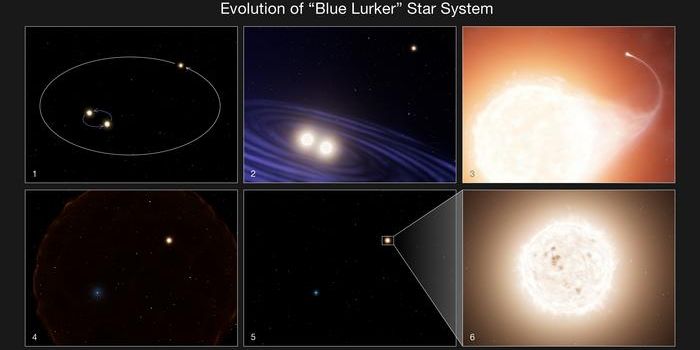New Cobalt-free Electrochemistry to "Clean Up" Battery Manufacturing Practice
The rise of portable devices and electric vehicles (EVs) are changing the way we live and work. But the use of lithium-ion batteries, which are essential for powering up these machines, are drawing increasing concerns. A large portion of the metal components, such as cobalt, inside the batteries are extracted and processed in a questionable manner.
The impact of cobalt mining bears a high cost to the health of miners and the environment, to say the least. On top of that, many cobalt mines are operated in the war-torn, poverty-ridden Democratic Republic of the Congo (DRC). Inside these poorly-regulated sites, women and children labor were treated almost like slaves.
Two weeks ago, an international advocacy group announced that they were filing a lawsuit against several biggest names (Apple, Microsoft, Alphabet, etc) in the technology industry. They represents the Congolese families whose children were killed or injured while mining for cobalt.
Here’s Why Companies Are Scrambling For Cobalt (CNBC)
Amid the political instability of DRC and the increasing scrutiny over the country's mining practice, many in the industry are speculating that a perfect storm to dry up cobalt supply is on the horizon. However, others are exploring the possibility of storing power without the use of cobalt.
In a brief statement released by IBM, the tech giant revealed that their research team had developed a new energy storage solution that's cobalt and other heavy metal-free.
IBM Research is honest and spot-on with the motivation behind their work: “Many battery materials, including heavy metals such as nickel and cobalt, pose tremendous environmental and humanitarian risks. Cobalt in particular, which is largely available in central Africa, has come under fire for careless and exploitative extraction practices.”
Although the statement did not disclose any secret ingredient in their heavy metal-free battery recipe, it is clear that it is comprised of novel, proprietary materials, including a cobalt/nickel-free cathode material and a liquid electrolyte.
Not only does their design relinquish the need for cobalt, it is also capable of preventing the growth of metal dendrites inside the batteries, which are destructive, crystalline structures formed by lithium ions, and the cause behind overheating and fire.
To move this innovative product into the commercialization stage, IBM Research is not working by itself. By partnering with the automobile manufacturer Mercedes-Benz, Central Glass, a battery electrolyte supplier, and Sidus, a battery manufacturer, they hope that their responsibly sourced lithium-ion batteries can power our handheld devices and EVs in the near future.
Source: Engadget









